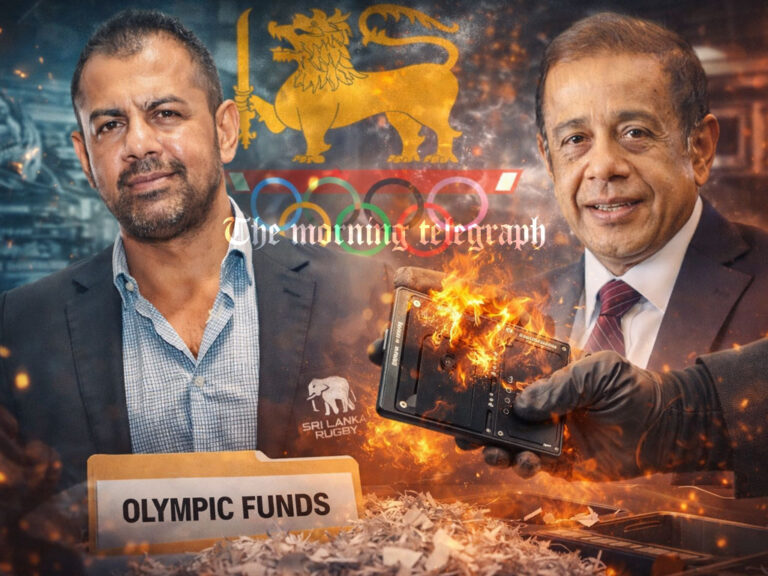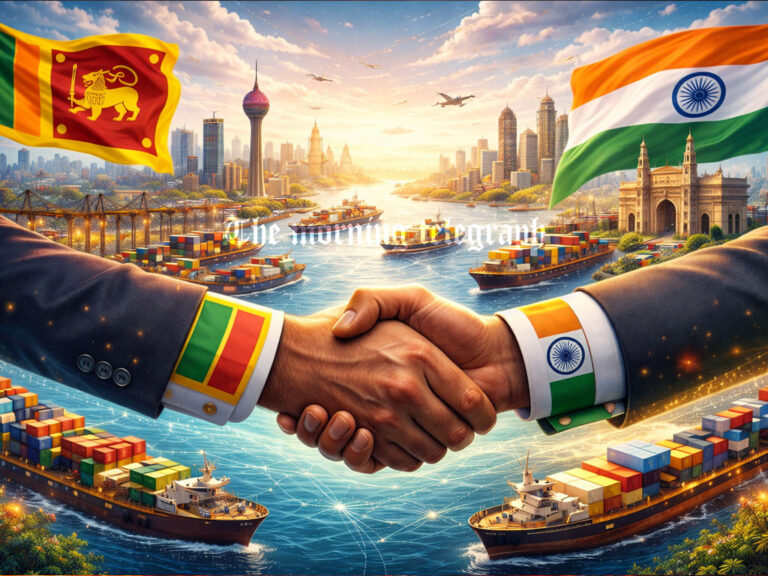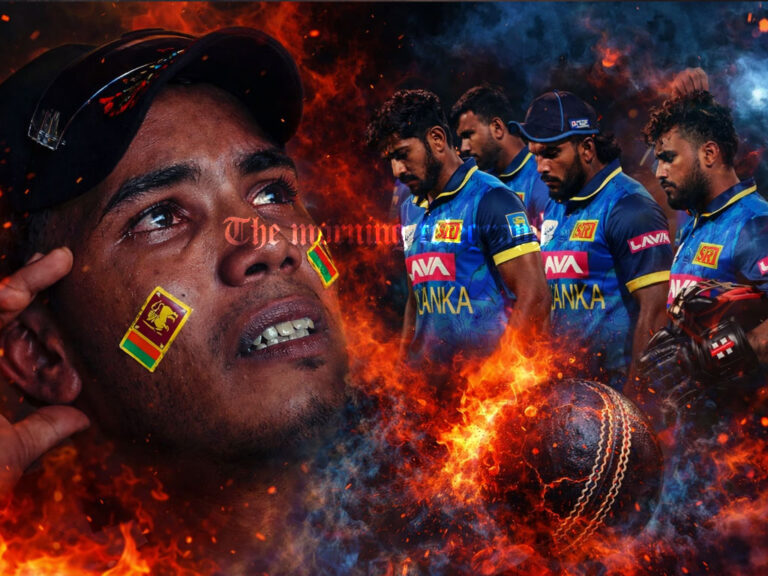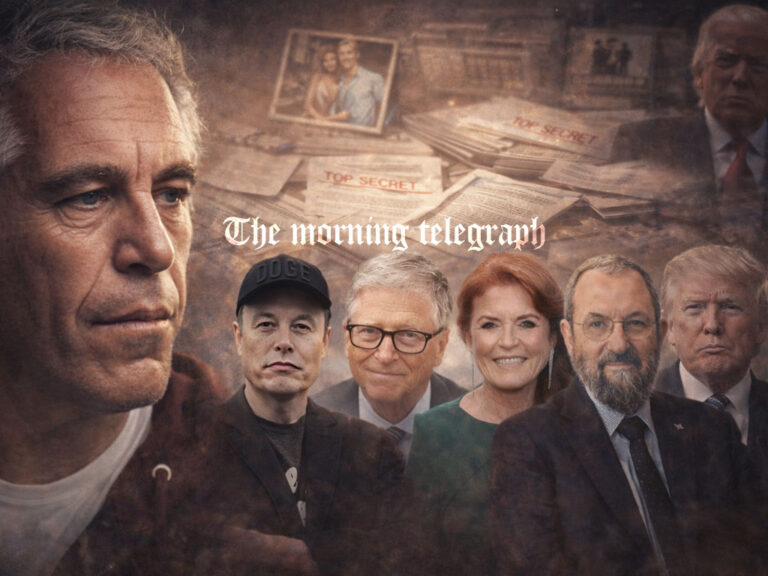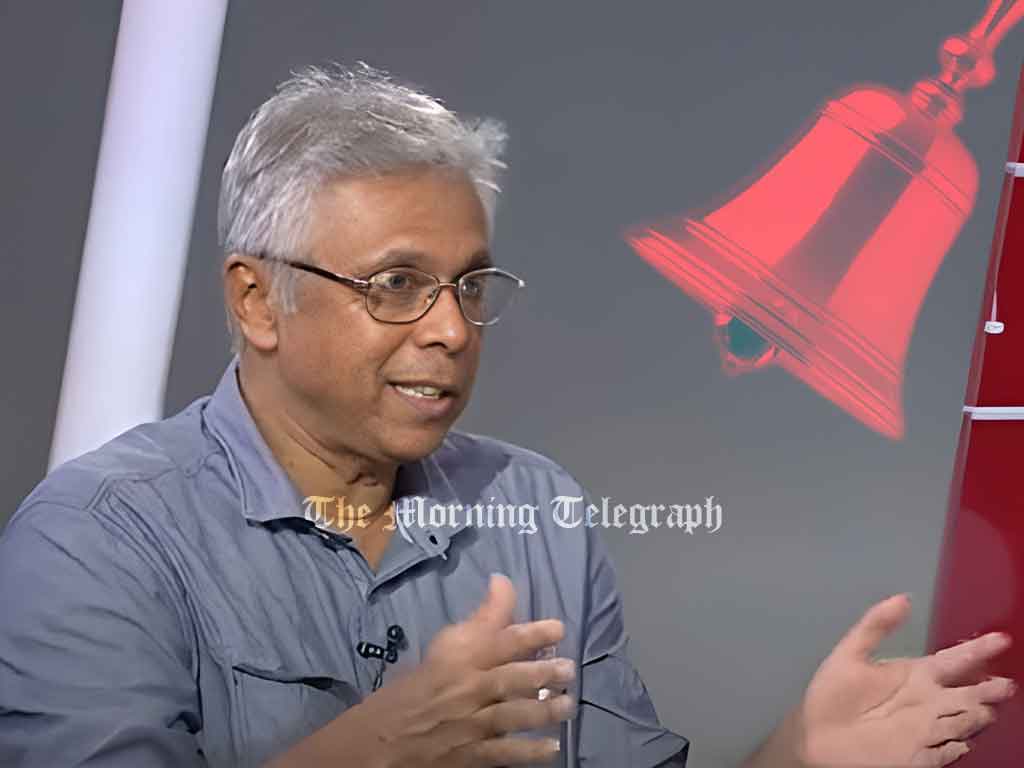
In a bold and controversial critique that has stirred significant backlash and discussion, Professor Nirmal Ranjith Dewasiri has openly accused the Janatha Vimukthi Peramuna (JVP) of lacking intellectual depth and attracting what he describes as an “uninformed” following. Released via his personal YouTube channel, Dewasiri’s remarks have once again ignited debate on the role of intellect in political activism—and who gets to define it.
His comments were sharp and personal. The professor claimed that many within the JVP lack even basic university qualifications, while others have only completed first degrees. English fluency and professional experience, he suggested, are also lacking within the party’s leadership. “These are not individuals steeped in ideology or academic thought,” he said, singling out prominent JVP figures Nalin Hewage and Samantha Vidyarathna as emblematic of the party’s alleged intellectual vacuum.
But it wasn’t just the politicians who were targeted. Dewasiri doubled down on a prior remark, asserting that many of the people who attend JVP rallies are “not very intelligent.” A comment that, even in a polarized political climate, hit a nerve.
The backlash was swift. Supporters of the JVP denounced the statements as elitist and dismissive of a grassroots movement that has long been associated with working-class and rural activism. Others defended Dewasiri, arguing that he was raising valid concerns about the absence of ideological clarity and academic discourse within some political movements.
The timing of Dewasiri’s critique is no accident. With the JVP gaining momentum among young voters and professionals disillusioned with mainstream parties, the movement has become a rising force in Sri Lankan politics. Dewasiri’s remarks may reflect a growing tension between academic critique and political populism—a classic clash between the ivory tower and the street.
But there’s a deeper irony at play. Dewasiri himself is no stranger to political engagement. Once a prominent voice in civil society, his own credibility has come under question from some quarters who accuse him of intellectual gatekeeping and detachment from ground realities.
Still, his commentary has sparked a wider discussion: What defines a capable political movement in today’s Sri Lanka? Should leadership be judged by academic credentials—or by connection to the people? And do such sweeping criticisms help strengthen democracy—or simply deepen political divides?
In the end, much like Ambassador Julie Chung’s now-infamous tattoo of Sri Lanka, Dewasiri’s remarks have become more than just a personal opinion—they’ve become a symbol. A symbol of the ongoing struggle between knowledge and populism, vision and rhetoric, elitism and engagement.
So, the question remains: Was it an intellectual intervention—or an unnecessary insult? Either way, Professor Dewasiri has ensured the debate won’t fade anytime soon.

